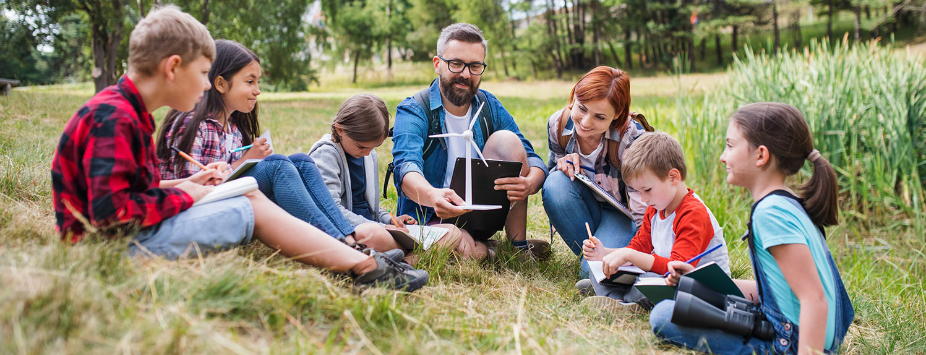Studies have revealed that spending time in nature can reduce stress and anxiety while increasing cognitive function and mood. Nature’s sights, sounds, and smells can draw out student curiosity as they explore the environment around them. Outdoor Education promotes experiential learning which is a powerful educational technique; instead of simply listening to lectures or reading textbooks, students engage in actual world experiences requiring problem-solving skills and critical thinking. These hands-on activities make learning more meaningful and memorable.
In addition to enriching the educational experience, outdoor education inspires the development of key life skills such as leadership qualities, teamwork abilities, and resilience. Collaborative outdoor activities nurture social skills while physical challenges like camping or hiking encourage physical fitness and self-confidence. These experiences train students to push past their comfort zones as they develop adaptability and self-efficacy—skills that are important for life’s challenges.

Environmental literacy also increases through outdoor education; by exploring nature first-hand students gain a deep appreciation for their surroundings along with an understanding of ecological concepts such as ecosystems, biodiversity, and sustainability. Understanding the importance of protecting our natural resources prepares them to become responsible environmental stewards committed to preserving these resources for future generations.
Outdoor Education also promotes cultural awareness by engaging students in different natural environments such as forests or deserts which expose them to a variety of cultures boosting empathy towards diverse communities while inspiring inclusivity and tolerance among groups–essential skills when navigating an interconnected world.
In conclusion, it is essential for educators and parents alike to recognize the value of outdoor education including field trips or camping experiences that empower students to explore nature first-hand incorporating activities such as science experiments into lesson plans or partnering with local organizations or parks providing volunteering opportunities outdoors utilizing technology such as digital tools or virtual reality providing immersive learning experiences for everyone involved that can significantly contribute to their holistic development while preparing them for 21st-century challenges.
It is paramount for outdoor education to be accessible to all students, regardless of their backgrounds or capabilities. Educators can assist in meeting this goal by changing activities to fit the needs of students with disabilities, reducing language barriers, and being mindful of cultural sensibilities. Outdoor learning should be an equal and inclusive experience that celebrates diversity, inclusivity, and equity.
In conclusion, outdoor education offers a multitude of benefits, including improved physical and mental well-being, the development of critical life skills, and the fostering of environmental consciousness. By incorporating outdoor education into formal educational programs, we can improve the learning environment for our students and ensure they are well-prepared to become productive members of society. Let us use nature as a versatile source of teaching to benefit all learners in this day and age
Article by AbdulRasheed Raji
Business Studies Teacher
Canadian Bridge Academy Abuja

